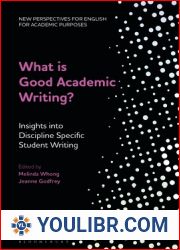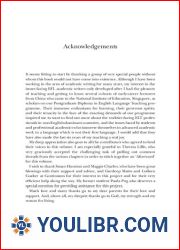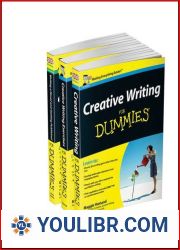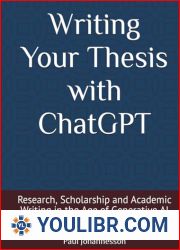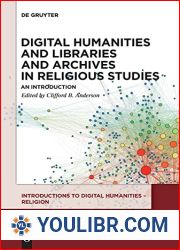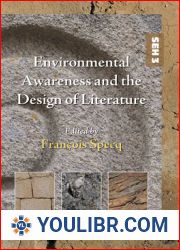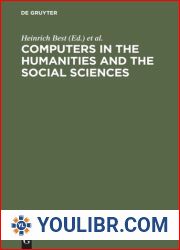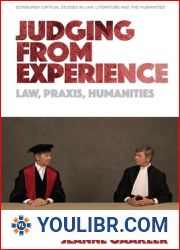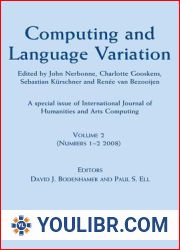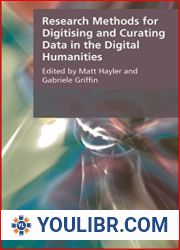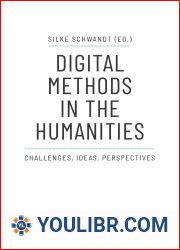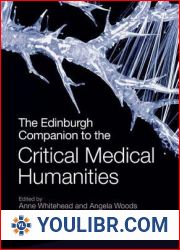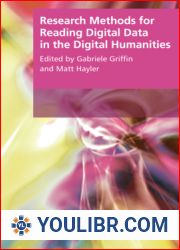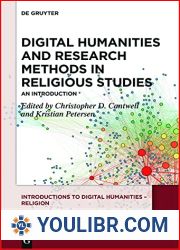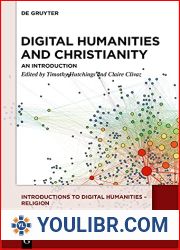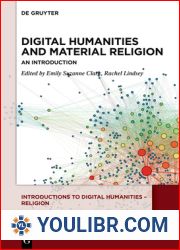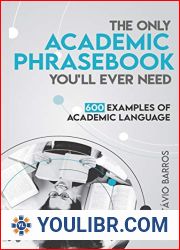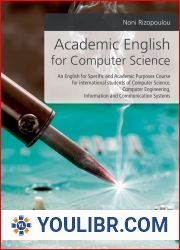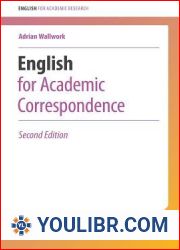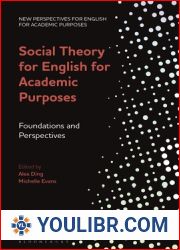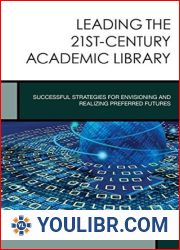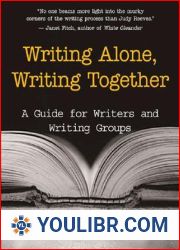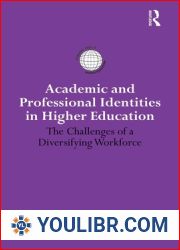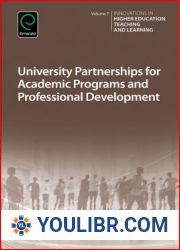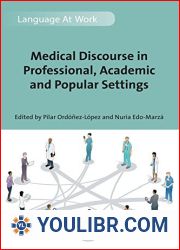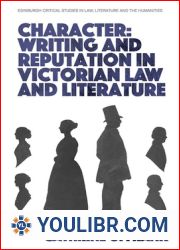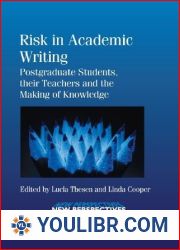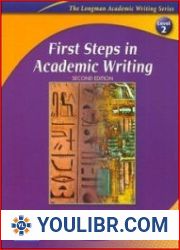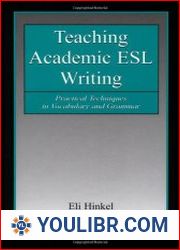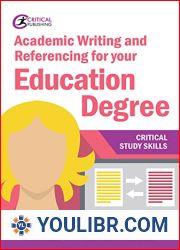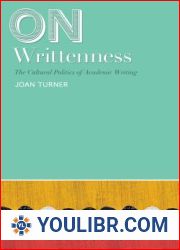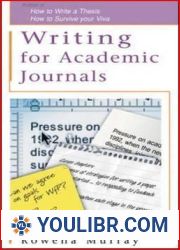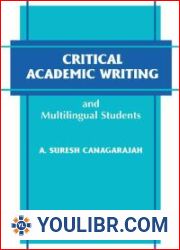
BOOKS - Professional Academic Writing in the Humanities and Social Sciences


US $6.93

443088

443088
Professional Academic Writing in the Humanities and Social Sciences
Author: Susan Peck MacDonald
Year: April 29, 1994
Format: PDF
File size: PDF 16 MB
Language: English
Year: April 29, 1994
Format: PDF
File size: PDF 16 MB
Language: English
Susan Peck MacDonald here tackles important and often controversial contemporary questions regarding the rhetoric of inquiry, the social construction of knowledge, and the professionalization of the academy. MacDonald argues that the academy has devoted more effort to analyzing theory and method than to analyzing its own texts. Professional texts need further attention because they not only create but are also shaped by the knowledge that is special to each discipline. Her assumption is that knowledge making is the distinctive activity of the academy at the professional level; for that reason, it is important to examine differences in the ways the professional texts of subdisciplinary communities focus on and consolidate knowledge within their fields. MacDonald's examination concentrates on three sample subdisciplinary attachment research in psychology, Colonial New England social history, and Renaissance New Historicism in literary studies. By tracing, over a period of two decades, how members of each field have discussed a problem in their professional discourse, MacDonald explores whether they have progressed toward a greater resolution of their problems. In her examination of attachment research, she traces the field's progress from its theoretical origins through its discovery of a method to a point of greater conceptual elaboration and agreement. Similarly, in Colonial New England social history, MacDonald examines debates over the values of narrative and analysis and, in Renaissance New Historicism, discusses particularist tendencies and ways in which New Historicist articles are organized by anecdotes and narratives. MacDonald goes on to discuss sentence-level patterns, boldly proposing a method for examining how disciplinary differences in knowledge making are created and reflected at the sentence level. Throughout her work, MacDonald stresses her conviction that academics need to do a better job of explaining their text-making axioms, clarifying their expectations of students at all levels, and monitoring their own professional practices. MacDonald's proposals for both textual and sentence-level analysis will help academic professionals better understand how they might improve communication within their professional communities and with their students.







